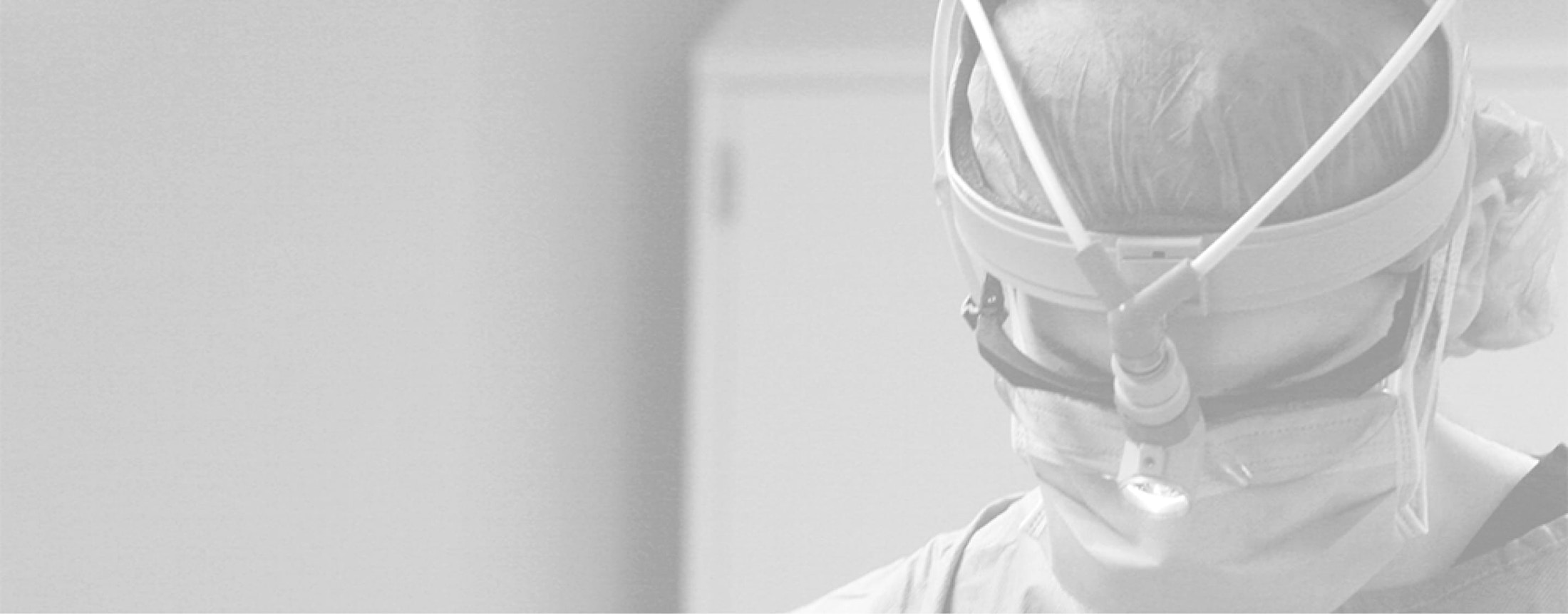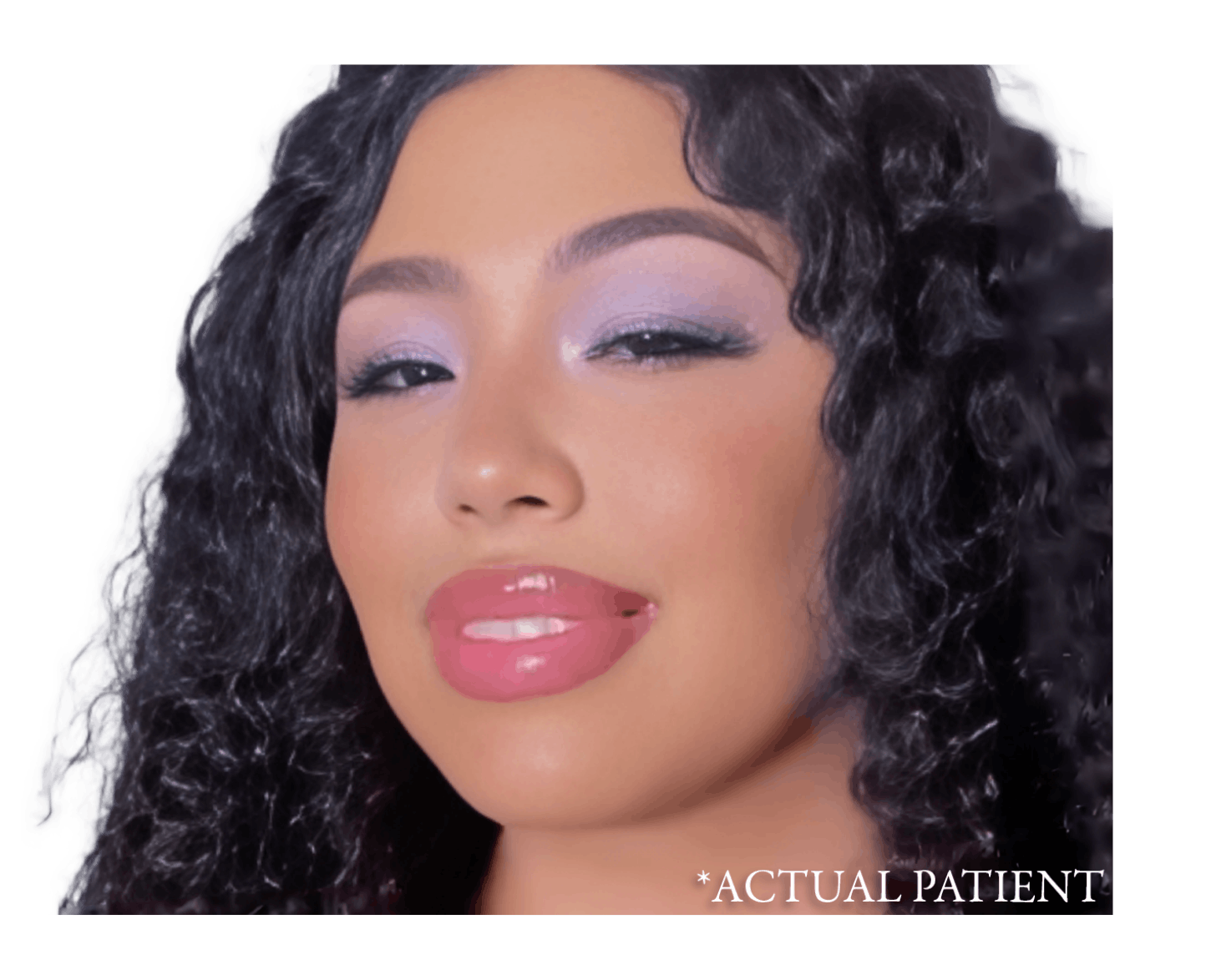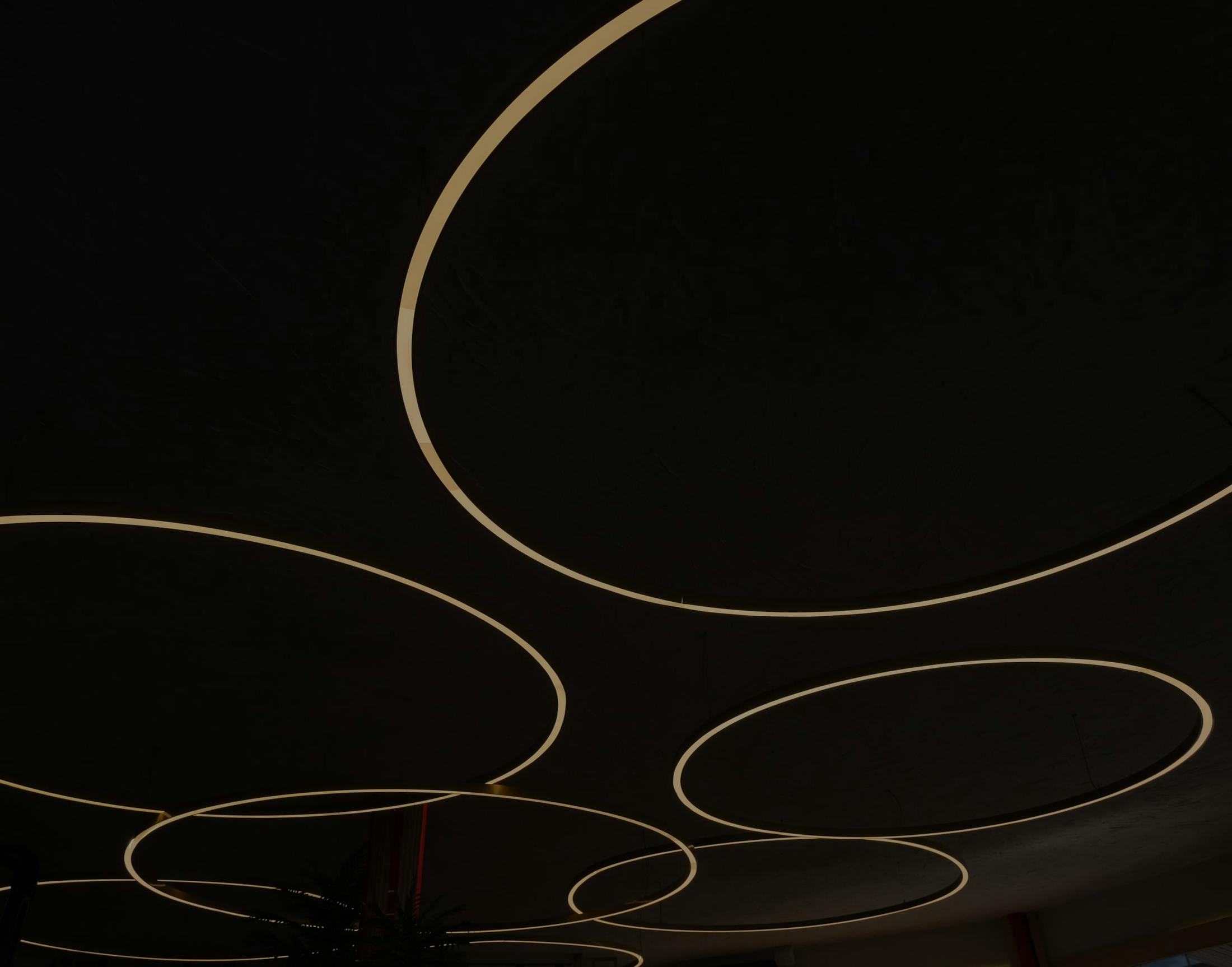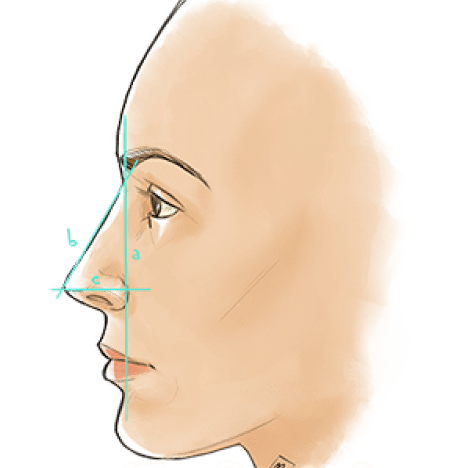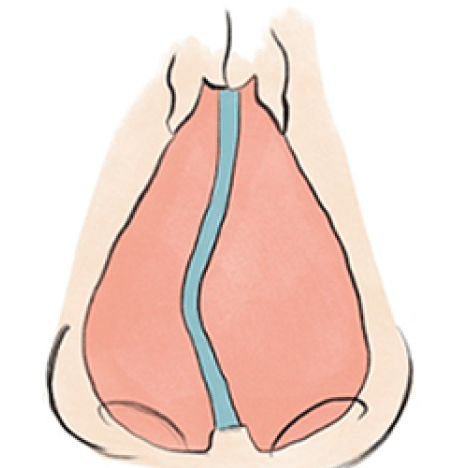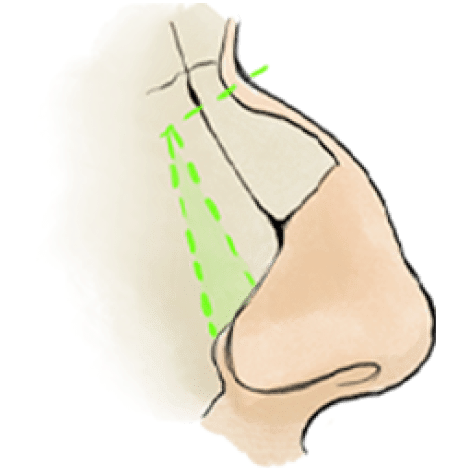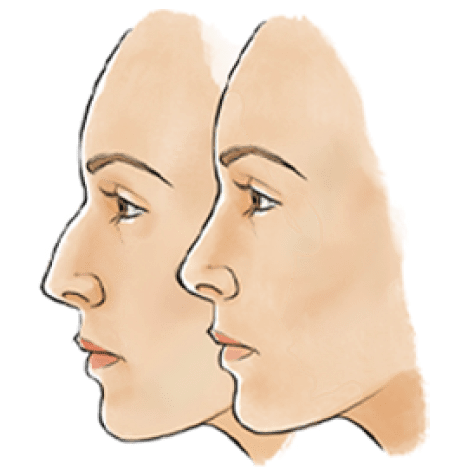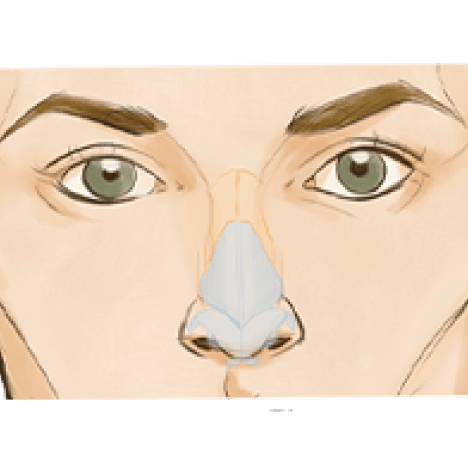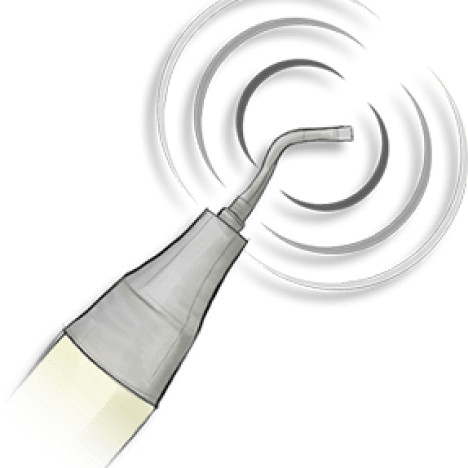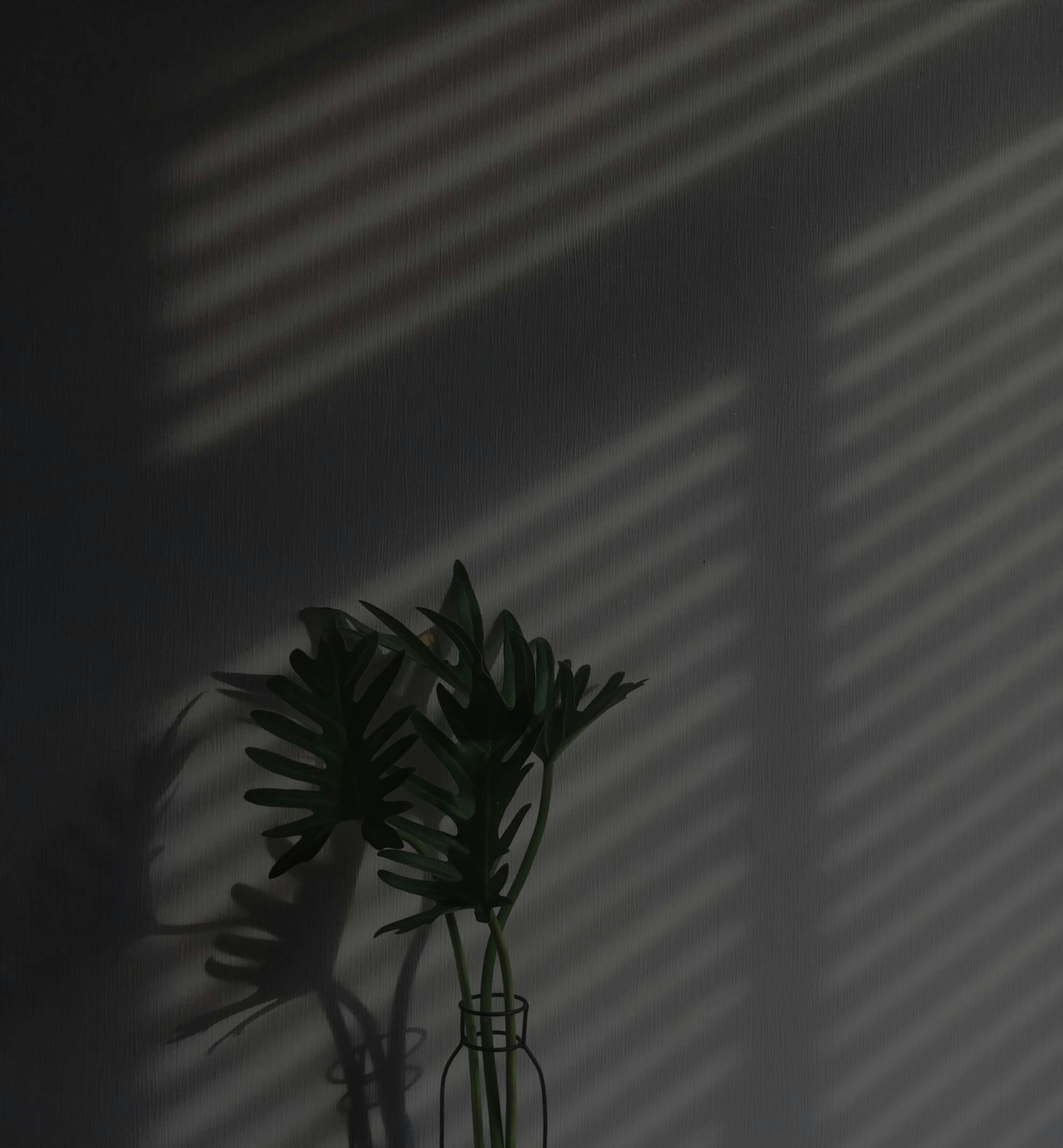According To Dr. Shah | Chicago, IL
Philosophy How is Dr. Shah Different?
Understanding the unique structural characteristics of the African American nose, Dr. Anil Shah emphasizes the importance of maintaining these distinctive features to preserve the cultural essence of his patients. His approach is tailored to avoid the homogenization of facial features, steering clear of the one-size-fits-all approach that can sometimes pervade cosmetic surgery. Functionality is another cornerstone of Dr. Shah’s philosophy. He meticulously ensures that the modifications to the nose do not just enhance its aesthetic appeal but also improve or preserve nasal functions. This balance is crucial, considering that the primary role of the nose is respiratory.
Finally, Dr. Shah's ultimate goal is to provide his patients with the nose they have always dreamed of, a vision that aligns with their aesthetic desires while remaining true to their ethnic identity. This patient-centered approach not only fosters a positive self-image but also promotes a sense of integrity and satisfaction with the surgical outcomes. Dr. Shah’s dedication to this thoughtful and inclusive approach underscores his commitment to excellence and respect in the field of cosmetic surgery, particularly in the delicate and impactful realm of rhinoplasty. Dr. Shah specializes in ethnic rhinoplasty and has been featured in the Chicago Loop News as well as been interviewed by Santitia Jackson on WVON AM 1690 on his revolutionary way for patients to classify surgery by their ethnicity called EFACE.







